
Table of Contents
- Sub-sections Covered Under Section 139
- Section 139(1): Voluntary and Mandatory Returns
- Section 139(3): Filing Income Tax in Case of a Loss
- Section 139(4): Belated Income Tax Return
- Section 139(5): Revised Returns
- Section 139(4A): Charitable and Religious Trusts
- Section 139(4B): Political Parties
- Section 139(4C) and 139(4D): Exemption Under Section 10
- Section 139(9): Defective Returns
- Conclusion
- FAQs
- 1. When is the filing of IT returns mandatory?
- 2. What are revised returns?
- 3.What are late IT returns?
- 4. Can I correct any mistake I made while filing for my IT returns?
- 5. Is it compulsory for educational institutes to file for returns?
- 6. Institutions can claim exemptions under which clauses?
- 7. What are defective returns?
- 8. What are the documents required to avoid filing a return that is deemed defective?
- 9. What are the due dates for filing returns under section 139?
- 10. Are charitable institutions covered under Section 139?
- 11. Do political parties have to file for returns?
- 12. Can ITR 7 be filed online?
Section 139 of Income Tax Act
The income tax Department has classified Income of the Indian citizens into five different categories on the Basis of their source of income. Mainly, these categories include house property, salary, Capital gains, business, and other sources.
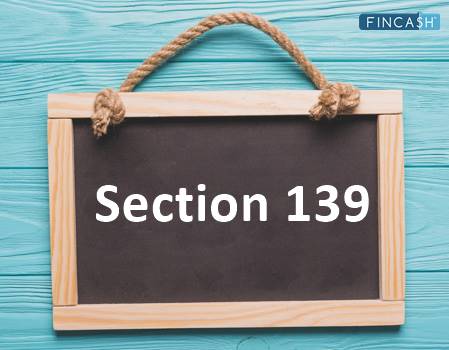
As apparent as it is, every person who is earning an income is liable to pay income tax to the government. Having said that, one of the sections from the Income Tax Act, 1961 is Section 139. It majorly deals with varied returns that an entity or a person can file. In this post, you will understand more about Sec 139, its regulations, norms, due date, etc.
Sub-sections Covered Under Section 139
Accordingly, section 139 of income tax act has been divided into several significant sub-sections such as:
Section 139(1): Voluntary and Mandatory Returns
Under this section, filing the Income Tax Return before the due date is mandatory in the following scenarios:
- If the person has a total income of more than the exemption limit
- If a public, foreign, domestic, or a private company is located or doing business in India
- If it is about any firm, including Unlimited Liability Partnership (ULP) or Limited Liability Partnership (LLP)
- If the taxpayer is an Indian resident who has assets situated outside the country or has signing authority for an account that is based outside the country
- If the taxpayer belongs to Hindu Undivided Families (HUF), Association of Persons (AOP), or the Body of Individuals (BOI)
Talking about the voluntary scenarios, in specific situations, entities and individuals are not compelled to file the return. In this case, tax filing is considered voluntary but is still valid.
Talk to our investment specialist
Section 139(3): Filing Income Tax in Case of a Loss
This sub-section of 139 of income tax act concerns such situations if an individual taxpayer, a firm or a company incurs a loss in the previous financial year. For him, filing tax returns will not be compulsory. ITR for loss is mandatory for only under a handful of circumstances, such as:
- If the loss is arising under the head ‘Capital Gains’ or under the head ‘Profits and Gains of Business and Profession’, and the taxpayer wishes to carry forward the loss; however, this can only be done if the ITR is filed within the due date
- If the loss is arising under the head ‘House or residential Property’, the loss can still be taken forward even if the ITR is filed after the due date
- In case the loss has been filed for return under section 142(1), apart from the loss under the head ‘House Property’, it cannot be carried forward
- If the loss has to be Offset against other income in some category for the same year, it can be offset even if the return is filed after the due date
One must keep in mind that the loss of the previous years can be carried forward only if the losses were assessed and the return was filed within the due date
Section 139(4): Belated Income Tax Return
Be it an entity or an individual; it is recommended for every taxpayer to File ITR before the final date according to section 139(4) of the Income Tax Act. But, what if the return is still delayed? In this situation, there are possibilities of filing the belated return for previous years until the expiry date of the current assessment year has been settled.
However, if a taxpayer fails to furnish the return yet again, a penalty of Rs. 5000 will be imposed as per the section 271F.
Section 139(5): Revised Returns
In a majority of scenarios, mistakes and errors have become quite common, even if the ITR is filed well within the timeline. If this happens, a taxpayer gets the provision to alter such mistakes under section 139(5).
Within the given assessment year or before the completion, whichever is first, a taxpayer can file the amendment request. Fortunately, revising limits as long as it is being done within the given time frame. The revisions can either be done in the same form for by submitting a different one.
Also, it is to note that only unintentional mistakes can be revised. Otherwise, a penalty will be charged for false statements.
Section 139(4A): Charitable and Religious Trusts
Some taxpayers might be receiving their income through a property held under a kind of legal Obligation that it might be partially or completely falling under charitable or religious purposes. It can also be an income coming from voluntary contributions. In any of these cases, the ITR has to be filed under section 139(4A) only if the total gross income is more than the permissible amount.
Section 139(4B): Political Parties
Section 139(4B) is specifically for political parties who are eligible to file an income Tax Return if the total income - majorly coming from voluntary contributions - is more than the allowable tax exempted limit.
Section 139(4C) and 139(4D): Exemption Under Section 10
As per Section 10, there are specific institutions that are eligible to claim certain advantages. And, for the tax return of these institutions, section 139(4C) and Section 139(4D) are used.
Section 139(4C) comprises such institutes for which it is obligatory to file a tax return in case the allowable limit is exceeding the maximum exemption cap. These include:
- Associations working in scientific research
- Associations or institutions covered under Section 10(23A)
- News agencies
- Institutions covered under Section 10(23B)
- Hospitals, universities, medical institutes, and educational institutes
Section 139(4D), on the other hand, neither makes it necessary to file tax for universities, colleges, and institutions, nor does it demand to carry forward any loss.
Section 139(9): Defective Returns
Under section 139(9), a tax return can be regarded as flawed in case the documents are not available. Thus, it will be the responsibility of the taxpayer to amend this mistake as soon as a notification, in the form of a letter, is issued. Generally, a time period of 15 days is given to rectify this problem and come up with the missing documents. However, upon request, the period can also be extended, given that a valid reason has been provided.
Conclusion
Considering that section 139 deals with a variety of returns, the due date to file ITR varies significantly as per the sub-section. Hence, if you find yourself being related to any of the sub-sections mentioned above, don’t forget to keep a tab on the due date so that you don’t miss fulfilling your responsibility towards the nation.
FAQs
1. When is the filing of IT returns mandatory?
A: Any person whose income exceeds the exemption limit must file for Income Tax Returns.
2. What are revised returns?
A: If you have filed your IT return within the due date, but have realized that you have made a mistake or made some omission, you can opt for revised returns. This is covered under Section 139 (5), while the original filing is done under Section 139 (1).
3.What are late IT returns?
A: Individuals must file for IT returns under Section 139 (1) or 142 (1) within specified dates. If they Fail to do so, they can file for late returns until the current assessment year's expiry. However, the IT department can charge the taxpayer a penalty of Rs. 5000 for the late filing of IT Returns.
4. Can I correct any mistake I made while filing for my IT returns?
A: Yes, you can correct a mistake or omission in your IT Returns by filing for Revised IT Returns under section 139 (5).
5. Is it compulsory for educational institutes to file for returns?
A: Under section 139 (4C), if an educational institute's earning is more than the exemption limit, it has to file for IT Returns.
6. Institutions can claim exemptions under which clauses?
A: Educational institutions that come under Section 139(4C) can claim tax exemptions as per the following clauses 21, 22B, 23A, 23C, 23D, 23DA, 23FB, 24, 46 and 47 under of Section 10 of IT Act of 1961.
7. What are defective returns?
A: If you have not submitted all the requisite documents with your IT file, it will be considered defective. The IT department will reject such a filing.
8. What are the documents required to avoid filing a return that is deemed defective?
A: To prevent defective returns, file all documents like Balance Sheet, proof of all claims of Taxes paid, personal accounts, audit documents, and a duly filled IT return form.
9. What are the due dates for filing returns under section 139?
A: The due date of furnishing of return of Income for the Assessment Year 2021-22, which was 31st October, 2021 under sub-section (1) of section 139 of the Act, as extended to 30th November, 2021 and 15th February, 2022 by Circular No. 9/2021 dated 20.05.2021 and Circular No.17/2021 dated 09.09.2021 respectively, is further extended to 15th February, 2022.
10. Are charitable institutions covered under Section 139?
A: Charitable institutions are covered under subsection sub-section 2(24)(ii a). If the contributions received are under the exempted limit, then ITR need not be filed.
11. Do political parties have to file for returns?
A: Under Section 139(4b), political parties have to file for IT returns significantly if the parties' total incomes exceed the exemption limits.
12. Can ITR 7 be filed online?
A: Yes, it can be filed online with the help of a digital signature.
All efforts have been made to ensure the information provided here is accurate. However, no guarantees are made regarding correctness of data. Please verify with scheme information document before making any investment.
You Might Also Like
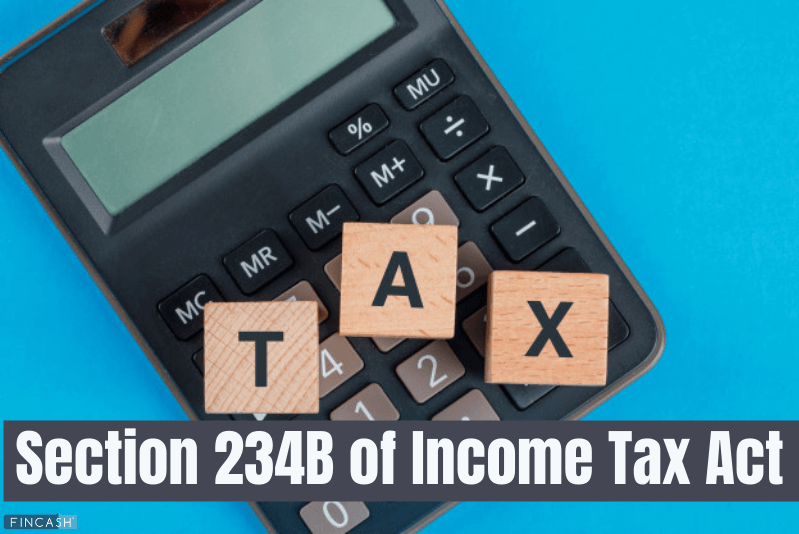

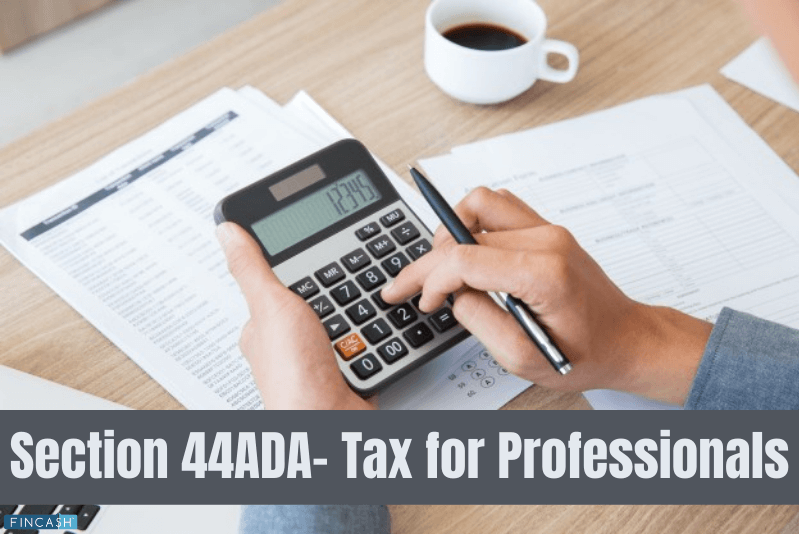
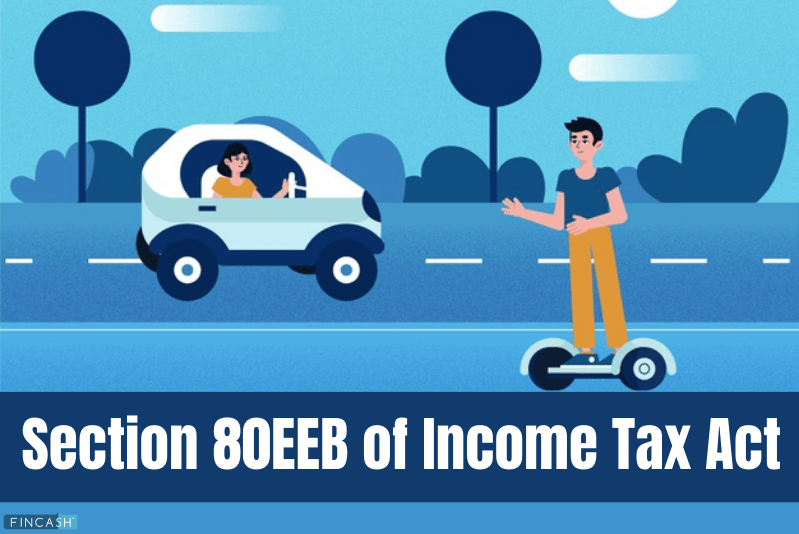
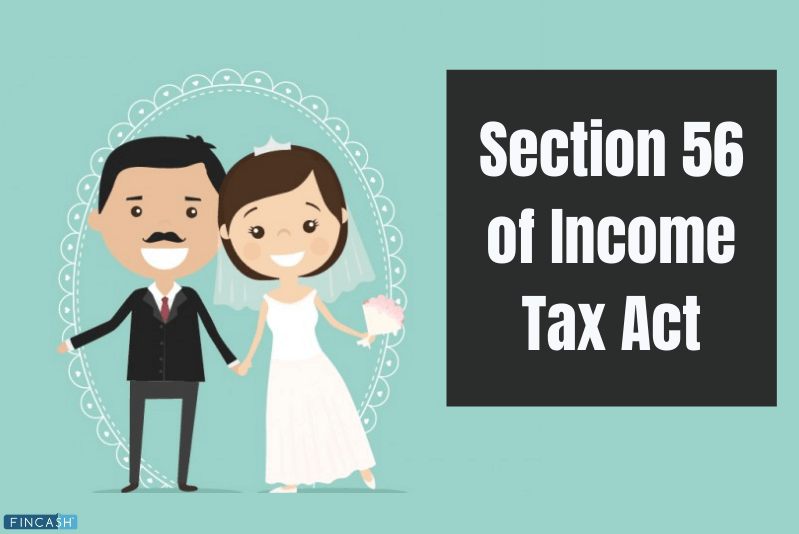
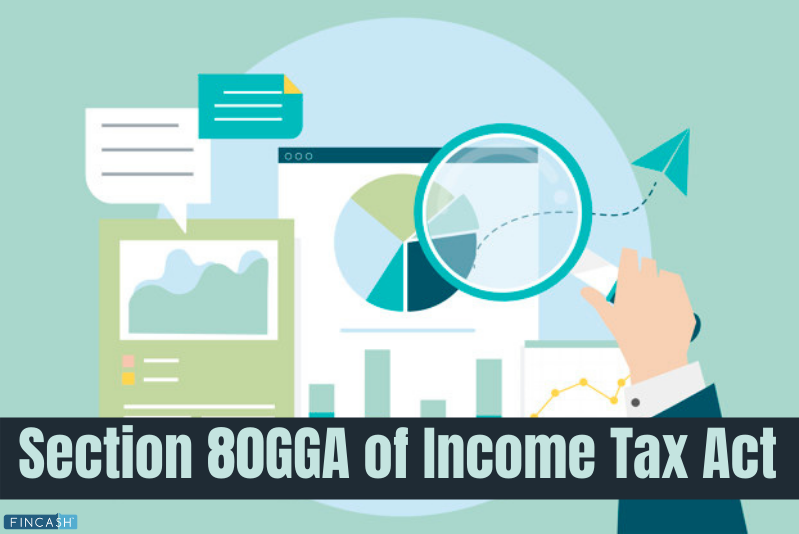
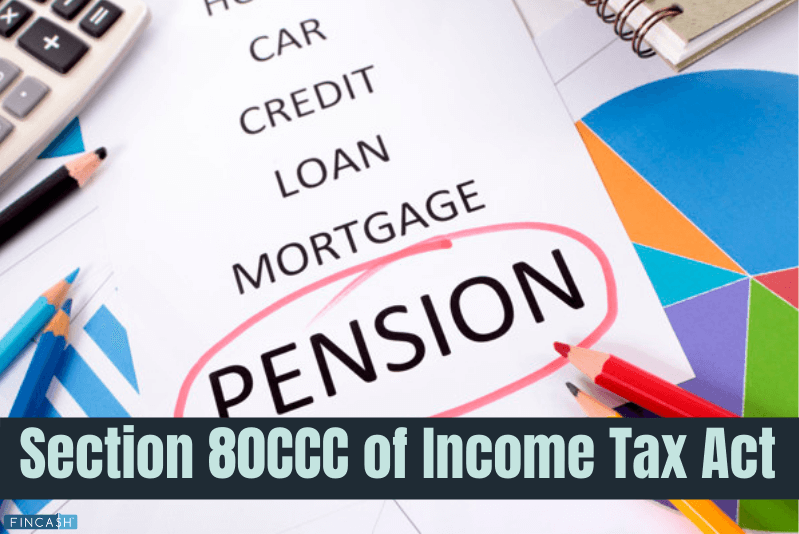
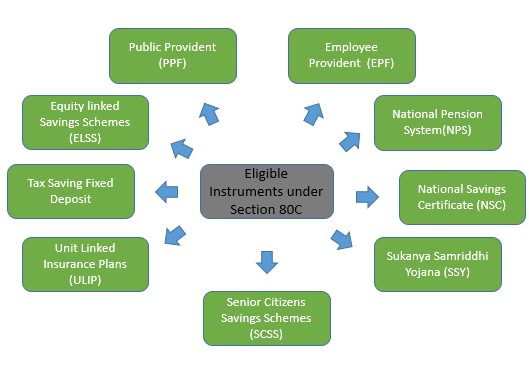





It gives a usefull message regarding income tax